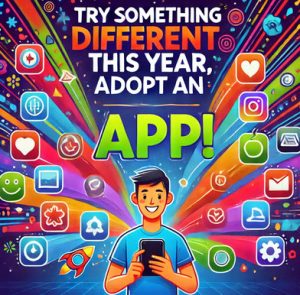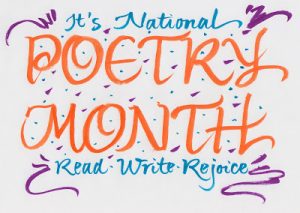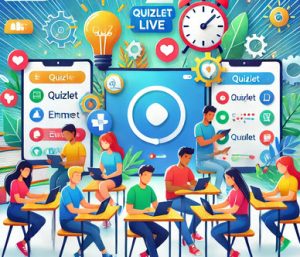
I recently came across a web resource that reminded me of using Data-driven learning (DDL) with students. I have not tried using DDL for a few years but I think that WordSift will allow instructors to use basic DDL techniques with their students.
What is DDL?
Data-driven learning is a learning approach in which learning is driven by research-like access to linguistic data (Johns, 1991). DDL examines a corpora or body of text. WordSift can generate useful usage data Continue reading









